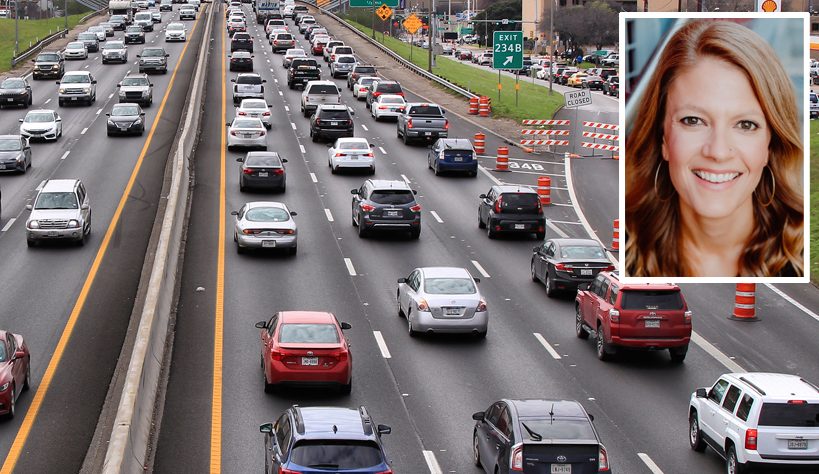After three public hearings in one week on the increasingly hot-button issue of distracted driving, Congress appears no closer to answering the question of whether a punitive strategy for encouraging state-level action -- such as threatening to withhold highway funds -- can win sufficient support from conservatives.
In the House Energy and Commerce Committee on Wednesday, Democratic elder statesman Rep. John Dingell (MI) called on his colleagues to "exercise a modicum of restraint" as they considered how to prod states to ban texting and cell phone use behind the wheel. Dingell said (emphasis mine):
Although we share a justified measure of concern about therelationship between use of certain technological devices and driversafety, we have to guard against enthusiastically enacting overlyprescriptive statutes and directing creation of regulatory regimes thatin the long term may stifle innovation and ultimately show them to beof marginal benefit to the cause of improving driver safety.
Dingell's tepid view of the federal role in limiting distracted driving should not come as a surprise to most, given his stalwart support for the U.S. auto industry. But Ford has already endorsed legislation that takes a punitive approach to banning texting while driving, potentially offering political cover to lawmakers who want to follow suit.
Still, few Democrats offered distinct words of support for pending legislation that would yank 25 percent of highway funding from states which fail to crack down on drivers' gadget use.
Rep. Henry Waxman (D-CA), Energy and Commerce's chairman, wondered "whether hands-free devices are any
safer than hand-held," suggesting that any attempt to entice states into passing hands-free laws might ultimately do little for road safety.
On the GOP side, however, there was no shortage of lawmakers urging Washington to stay out of it and let states go their own way on distracted driving. (Of the 18 states with laws on the books banning texting behind the wheel, four lack basic tools for enforcement.)
"I think that sometimes we grow very weary of the long arm of the
federal government telling us what we can and cannot do, and we are at
the same time very concerned about what we see as the distraction that
is there from utensils, and innovations, and gadgets, and items in our
cars that do distract us from watching the road," Rep. Marsha Blackburn (R-TN) said.
Rep. Cliff Stearns (R-FL) disputed the merits of a bill endorsed by three Republican senators that would offer grant money to states which pass anti-distracted driving laws.
"While this [incentive-based] approach may be better, I do not
believe the federal government needs to have an all-out federal
program at this time," Stearns said.
Lawmakers took a purely incentive-based approach to promoting the passage of state-level mandatory seat belt laws; as a result, enforcement of those rules has proven spotty. Congress' punitive approach to promoting state drunk driving laws, by contrast, resulted in broad compliance, with no state losing federal highway money.
Another hot topic in Energy and Commerce was the role technology might play in curbing distracted driving. Steve Largent, a former member of Congress who now heads the wireless industry's trade group, said that he knows of "six or seven companies" working on applications that would shut down cell phones when a user attempts to activate them in a vehicle going more than five miles per hour.





